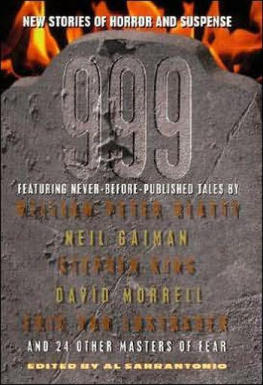THE VALANCOURT BOOK OF WORLD HORROR STORIES
Volume One
James D. Jenkins & Ryan Cagle
Most horror readers, to the extent theyve thought about it at all, have probably always assumed that horror fiction is an Anglo-American phenomenon. From Horace Walpole and Ann Radcliffe to Edgar Allan Poe and M. R. James, to H. P. Lovecraft, Shirley Jackson and Stephen King, horror has always been first and foremost a product of the United States and the British Isles, right? Aside from a handful of 19th-century French or German or Russian stories that crop up every so often in an old anthology, or the occasional name bandied about by horror fiction connoisseurs, but whose works are largely unavailable and seldom read, such as the Belgian Jean Ray (1887-1964), theres not really much international horror fiction to speak of. Everybody knows that, right?
But what if everybody was wrong? What if there were a whole world of great horror literature out there being produced by writers in distant lands, in books you couldnt access and languages you couldnt read? To an avid horror fan, what could be more horrifying than that?!
If youre still struggling to come up with the names of international horror writers, dont feel bad. Youre not alone. Even in countries where fine horror fiction exists, it has often been ignored or forgotten. For example, in the introduction to his anthology of all-original Dutch horror fiction, editor Robert-Henk Zuidinga laments that few Dutch-language writers have ventured [to write in the field of the] literary horror story, a debatable pronouncement that would no doubt come as a surprise to the Spanish writers featured in the present volume.
The moral of the story is that if one takes the trouble to look hard enough, theres a much larger body of world horror fiction out there than any of us would suspect. However, as Bjerke suggested, it often involves deep digging and venturing into uncharted waters.
In fact, international horror fiction has been around just about as long as it has existed in the English-speaking world. Not long after Horace Walpole kicked off the craze for Gothic fiction with The Castle of Otranto (1764), William Beckford published his masterpiece Vathek (1786), written in French and issued in Switzerland. And in the 1790s, while Ann Radcliffes bestsellers like The Mysteries of Udolpho (1794) were flying off British circulating library shelves, the Polish Count Jan Potocki was writing, again in French, his own Gothic masterpiece, The Manuscript Found in Saragossa. Ukrainian-born Nikolai Gogol was writing tales in Russian that might be called Poe-esque before Poe himself began publishing stories in America. During the Romantic era, while Gothic horror was popular in England and America, it also flourished in France, Germany, had a tradition of what might be termed horror or weird fiction. And, as youre about to find out from this book, horror fiction is alive and flourishing in nearly every corner of the world in the 21st century.
The impulse towards horror appears to be a universal phenomenon, running through the literatures of a great many cultures over a very long period of time. If horror fiction as we think of it today is a relatively modern concept, the trappings of horror can be found in writing from all over the world throughout all of human history. From the witch Circe, murderous Sirens and man-eating Cyclops in Homers The Odyssey to the Bibles stories of demons and devils, to the Roman writer Pliny the Elders accounts of werewolves, it is not hard to find the precursors of modern-day horror in ancient texts from around the world.
But this isnt the place or time for a full exploration of horror throughout the ages or throughout the world. The point were trying to make is that horror is neither an exclusively modern phenomenon nor an exclusively Anglophone one, and moreover and what might be most surprising some of the worlds best horror fiction has come (and continues to come) from elsewhere.
Yet although there is a lot of high-quality horror fiction continuing to be produced around the world, very little of it is being published for English-speaking readers. There have been a couple of encouraging exceptions in recent years Dutch author Thomas Olde Heuvelts internationally bestselling witch novel Hex (2016) and French writer Grgoire Courtois harrowing The Laws of the Skies (2019) come to mind but for the most part, on the rare occasions when foreign horror is published for an American or British audience, its an isolated appearance of a short story in an obscure periodical, or publication online in some little-frequented corner of the web.
But even if not much foreign horror has made its way into U.S. bookshops, its a big deal in its home countries. Did you know that in the tiny principality of Andorra, nestled in the Pyrenees between France and Spain, there is an annual government-sponsored competition open to all the countrys residents, with the writer of the best horror story earning 600 euros? Or that Bulgaria and Denmark have active horror writers associations? (In Denmark theres so much horror fiction being published that they even give out annual awards for the best; one of the winners is featured in this book.) In tiny Iceland, and in the Spanish region of Galicia, publishers have launched versions of the seminal Weird Tales magazine in their local languages. In Catalonia, one small publisher annually chooses four prominent Catalan authors to lock up in a reputedly haunted castle for a weekend to write horror tales, then publishes the results in a yearly volume. In recent years, horror anthologies have even begun to crop up in languages most people have never heard of, like Western Frisian and Corsican. The closer you look, the more you find that horror fiction really is everywhere.
So why isnt more of it being made available to English-speaking readers?
Well, its pretty simple really. For starters, most horror these days is published both here and abroad by small presses. Small American and British presses probably dont have someone on staff who can read and evaluate the quality of Romanian, or Swedish, or Afrikaans horror stories, while conversely the small Romanian, Swedish, and Afrikaans publishers might not have the financial wherewithal to commission English translations of their books and send them out to potential U.S. or U.K. publishers. So in many cases the material remains appreciated only by the comparatively small audience able to read it.
The idea of compiling a volume of world horror fiction is one weve been kicking around for a while, but although the idea seemed a good one, it immediately gave rise to all kinds of questions and problems. Should the book focus on classic stories from the 19th and 20th centuries, present-day writing, or a combination of the two? If we were to exclude American and British work, what about other English-language stories (e.g., from Australia, New Zealand, or India)? Would we collect previously translated material or concentrate on stories that had never before appeared in English? And if the latter, how were we to find them?
Ultimately we decided to feature contemporary writing in this first volume and save older and classic material for a potential future project. We also chose to focus primarily on non-English-language fiction, and specifically on material that had never before been translated. Recognizing, however, that many countries some of them significantly underrepresented in American publishing use English widely (for example the Philippines, featured in this volume), we ended up excluding only English-language contributions from the U.S., U.K., Canada, Ireland, Australia and New Zealand. On the other hand, authors from those countries writing in another language were eligible for inclusion (such as Spanish-language writers from Puerto Rico, Francophone writers from Quebec, or an author writing in Irish or another indigenous language).


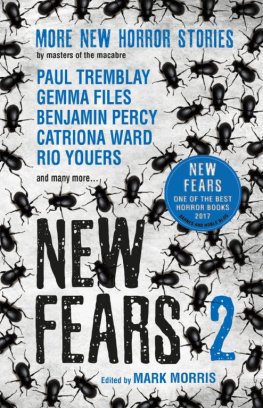
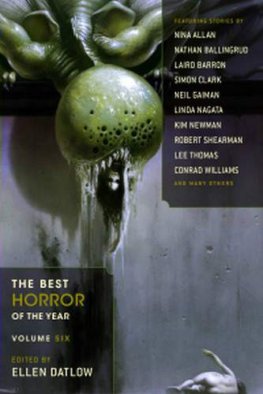
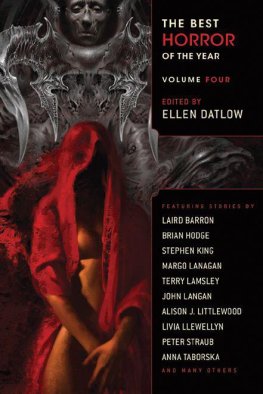
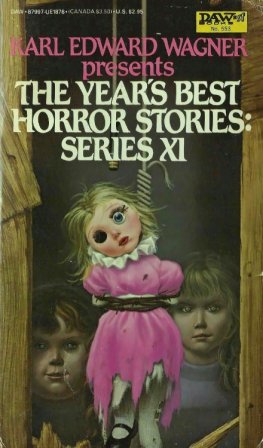
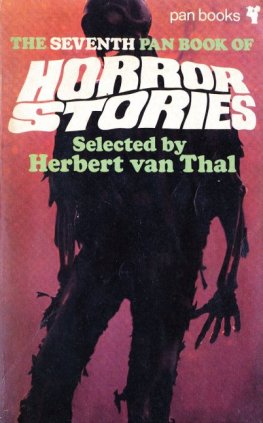
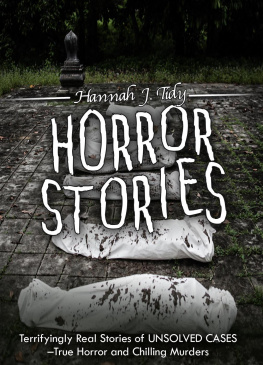
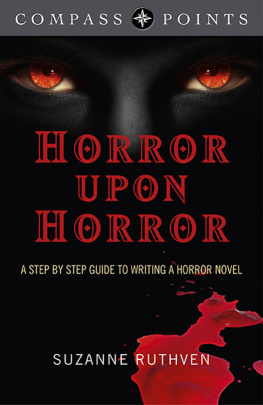

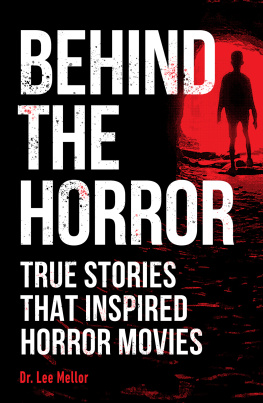
![Matt Cardin - Horror Literature Through History [2 Volumes]: An Encyclopedia of the Stories That Speak to Our Deepest Fears](/uploads/posts/book/119545/thumbs/matt-cardin-horror-literature-through-history-2.jpg)

